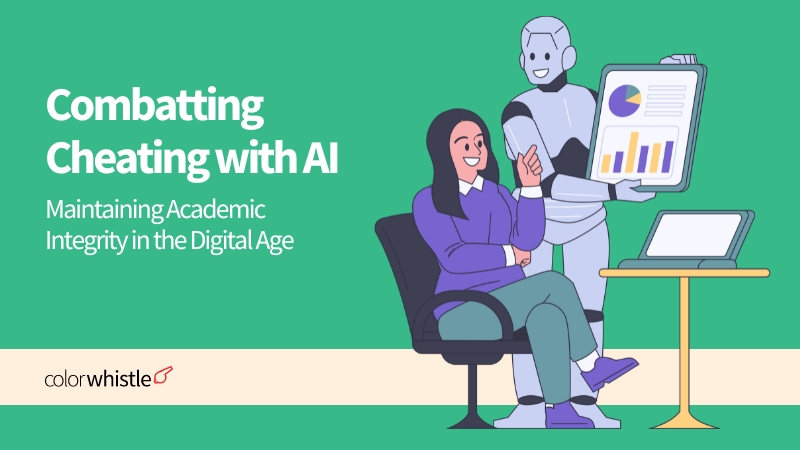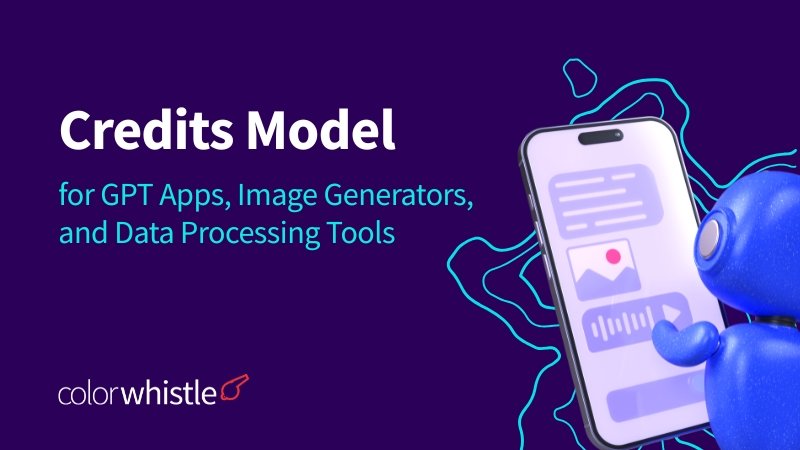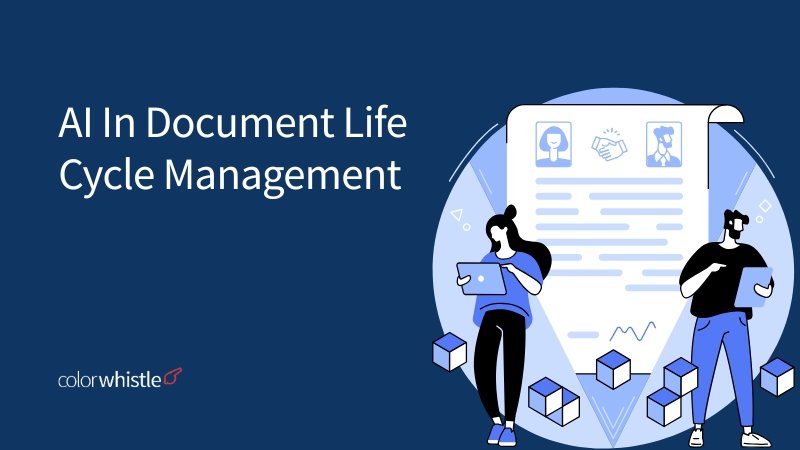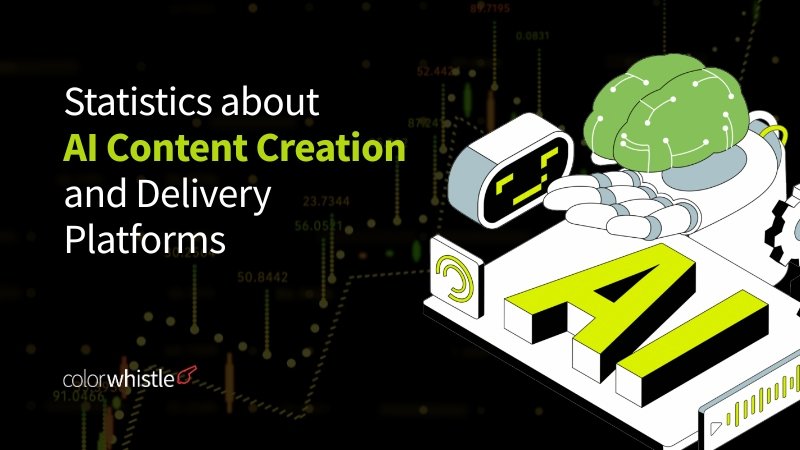AI Summary
Key Highlights of Combating AI Cheating Academic Integrity
This post explores combating academic cheating in the digital age, highlighting AI's dual role as both a challenge and solution. The key insight: AI can detect and prevent cheating while promoting honest learning. It targets educators and institutions seeking to uphold integrity amid advanced cheating tools. The article outlines methods like AI-powered proctoring, secure testing platforms, and personalized learning systems to reduce cheating incentives. By fostering transparency and ethical discussions, it encourages genuine understanding over grade chasing. Readers learn how to implement AI tools and strategies that preserve fairness and prepare students for real-world success.
What is AI cheating?
AI cheating refers to the use of artificial intelligence (AI) technology to gain an unfair advantage in academic settings. This could involve using AI-powered tools to plagiarize content, generate answers, or manipulate assessments dishonestly.
Cheating in education is as old as the first pop quiz. The digital age has revolutionized education, but with this advancement comes a growing concern: academic dishonesty. From readily available online resources to sophisticated collaboration tools, students face more temptations to cheat than ever before.
In 2018, the International Centre of Academic Integrity (ICAI) reported that 40% of students acknowledged engaging in academic integrity violations. These figures align closely with Whitley’s 1998 research, which revealed that 43.1% of students cheated on exams, 40.9% on homework, and 47% plagiarized. Furthermore, a survey conducted among 70,000 US students indicated that 95% admitted to participating in some form of cheating.
This not only undermines the integrity of academic institutions but also devalues genuine learning and creates an uneven playing field for honest students.
As Artificial Intelligence (AI) becomes more common, things are different now. Forget about hiding cheat sheets in socks – students can now use essay-writing bots and answer-finding algorithms easily.
This isn’t a dystopian sci-fi plot; it’s the reality of classrooms today. However, it’s a problem we can solve together. So, how do educators navigate this ever-evolving landscape? Prepare yourselves, as we’re about to arm you with the tools to outsmart AI and establish a learning environment that promotes genuine understanding, rather than merely chasing high scores.
Are you considering building AI software? Partner with the best AI consulting & integration services agency to bring your vision to life.
Why This Matters: More Than Just Grades

Combating AI-powered cheating isn’t just about maintaining academic standards. It’s about preparing students for the real world. The ability to think critically, solve problems creatively, and communicate effectively are essential life skills.
When cheating becomes normalized, the focus shifts from acquiring knowledge to simply getting good grades. This undermines the core purpose of education, which is to foster a love of learning, intellectual curiosity, and a lifelong pursuit of knowledge.
By nurturing an environment built on integrity, universities can equip students for future success, not just future A’s.
Also Read
The Role of AI in Upholding Integrity
The digital age presents a double-edged sword for academic integrity. On the one hand, readily available online resources and sophisticated communication tools create more opportunities for cheating. However, on the other hand, Artificial Intelligence (AI) emerges as a powerful weapon in the fight to maintain a level playing field. Here’s how AI is revolutionizing the battle against academic dishonesty.
Combating AI-powered cheating requires a multi-pronged approach, and ironically, AI itself can be a powerful weapon for good.
AI-powered Detection: Advanced plagiarism checkers powered by AI can scan submitted essays and code against massive databases of existing content. These tools go beyond identifying verbatim copying; they can detect cleverly paraphrased content and analyze writing styles to flag suspicious similarities.
Real-Time Monitoring: AI can monitor student behavior during online exams, providing valuable insights into potential cheating attempts. By tracking factors like typing speed, unusual mouse movements, and eye gaze patterns that deviate from the norm, AI algorithms can identify anomalies that may suggest unauthorized assistance.
Adaptive Testing: AI-powered adaptive testing platforms personalize the learning experience and make cheating through collaboration nearly impossible. These platforms adjust the difficulty and nature of questions based on a student’s performance in real-time. As the student progresses, the system tailors the questions to their specific skill level, making it highly unlikely that two students will receive the same set of questions.
Avoidance Through Transparency
While AI plays a crucial role in detection, promoting a culture of academic integrity is equally important. Here’s how instructors can leverage AI and transparency to discourage cheating:
- Open Communication: Discuss the ethical implications of AI-powered cheating with students. Explain the detection methods used and the consequences of academic dishonesty.
- Focus on Learning: Design assessments that go beyond simple recall of facts and highlight critical thinking, problem-solving, and application of knowledge.
- Promote Resources: Direct students to trustworthy online resources and encourage them to utilize them ethically for further learning, not as a shortcut to completing assignments.
By combining these AI-powered tools with open communication and ethical discussions, educators can create an environment where students are empowered to avoid the temptation of cheating and succeed through genuine understanding. As technology gets better, we need to find new ways to keep academic honesty.
Did You Know?
This supports what Donald McCabe, a professor at Rutgers University Business School, wrote in his 2012 book. He discovered that over 60 percent of students who cheated in a survey thought that copying from the internet was not a big deal—they didn’t see it as cheating.
ColorWhistle’s Possible Solutions to Combat Cheating
AI-powered Detection and Secure Testing Platform
If anyone desires to prevent cheating with us, we are capable of implementing the following measures:
We will be able to combat cheating in schools and universities by building secure online testing platforms with AI detection.
- These platforms will rotate question pools, limit browsing during exams, and utilize real-time AI proctoring to monitor student behavior. Additionally, multi-factor authentication will ensure the legitimacy of test-takers, creating a comprehensive system to uphold academic integrity.
Educational Content Management System (ECMS) for Honest Learning
We will empower honest learning and combat plagiarism by creating a custom Educational Content Management System (ECMS).
- This system will integrate advanced AI-powered originality checking that goes beyond basic plagiarism detection. Built-in citation management tools will make referencing sources a breeze for students. We will also develop engaging learning modules that promote critical thinking, not just memorization. Finally, a content attribution system will discourage sharing pre-written work, fostering a culture of academic integrity.
AI-powered Personalized Learning Platform
We can build an AI-powered personalized learning platform that will mitigate cheating at its root.
- This platform will customize education to each student’s needs, reducing the appeal of cheating. It will use adaptive learning to keep students challenged, recommend the targeted practice to address weaknesses and provide real-time progress and feedback to boost confidence, all encouraging a deeper understanding that makes cheating unnecessary.
Also Read
Wrap-Up
Cheating in academics is a big concern. But AI can help us fight it. By using AI to spot cheating, creating tests that change for each student, and checking work after it’s done, teachers can keep things fair. By working together with AI, we can make sure that learning stays honest and everyone gets a fair shot at success. Pick the best AI app development service company to create a perfect AI app designed specifically for your university or educational platform.
Feel free to swing by our ColorWhistle page. You’ll get the lowdown on our services and find some interesting stuff there! Just head to our Contact Us page to get in touch with us.
What’s Next?
Now that you’ve had the chance to explore our blog, it’s time to take the next step and see what opportunities await!





